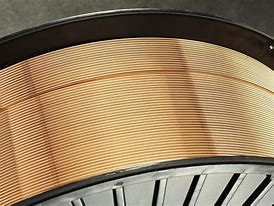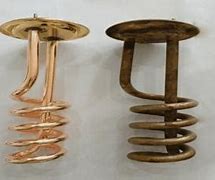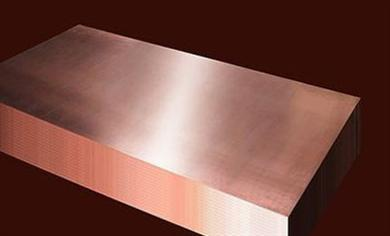**Copper Pipes vs. Chinese Drywall: A Silent Showdown in Your Home**
(Do Copper Pipes Need To Be Replaced When Chinese Drywall Exposed)
Imagine moving into your dream house. The walls look perfect. The air smells fresh. Then, over time, a weird odor creeps in. Your silver jewelry turns black. Your AC keeps breaking. The culprit? Chinese drywall. Now, here’s the kicker: this drywall doesn’t just ruin your mood—it might be waging a secret war on your copper pipes. Let’s break it down.
Chinese drywall became a big deal in the mid-2000s. Builders used it in many homes during a materials shortage. The problem? Some of this drywall releases sulfur gases. These gases don’t just smell like rotten eggs. They react with copper, causing corrosion. Copper pipes are everywhere in homes—plumbing, HVAC systems, wiring. So, if your house has this drywall, your pipes could be in trouble.
How does it happen? The sulfur gases mix with moisture in the air. This creates weak sulfuric acid. Copper and acid don’t get along. The acid eats into the metal, turning shiny pipes green or black. Pinhole leaks start forming. Water damage follows. Worse, corroded pipes can’t handle pressure. They might burst, flooding your home. HVAC coils aren’t safe either. Corrosion here means poor cooling, higher bills, and pricey repairs.
Now, the big question: do you need to replace all your copper pipes if you have Chinese drywall? Not always. It depends on the damage. Some homes see minor corrosion. Others face total pipe failure. The first step is inspection. Call a pro to check your pipes and HVAC systems. They’ll look for discoloration, leaks, or crusty buildup. Testing the drywall itself helps too. Labs can measure sulfur levels to confirm if it’s the bad kind.
If the damage is bad, replacement is the way to go. Fixing leaks one by one is a Band-Aid solution. New pipes might cost a lot, but they save money long-term. Some homeowners switch to PEX piping. It’s plastic, so it doesn’t react with sulfur. For HVAC systems, aluminum coils resist corrosion better than copper.
But replacing pipes isn’t the only fix. You still have to deal with the drywall. Leaving it in place means sulfur gases keep leaking. The problem comes back. Full removal of the drywall is the best move. It’s messy and expensive, but necessary. After that, clean your home’s air. Replace insulation, HVAC filters, and anything that soaked up the gases.
Insurance might help cover costs. Check your policy. Some companies pay for drywall removal and pipe repairs. Lawsuits against builders or suppliers sometimes work too. Many homeowners won settlements to offset expenses.
Prevention matters. If you’re buying a home built between 2001 and 2009, ask about drywall. An inspection can spot red flags. Look for blackened copper wires or frequent AC issues. Test the air for sulfur. Better safe than sorry.
(Do Copper Pipes Need To Be Replaced When Chinese Drywall Exposed)
Living with Chinese drywall is like waiting for a time bomb. The damage sneaks up slowly. But now you know the signs. Stay alert, test early, and act fast. Your pipes—and your peace of mind—will thank you.
Inquiry us
if you want to want to know more, please feel free to contact us. (nanotrun@yahoo.com)



